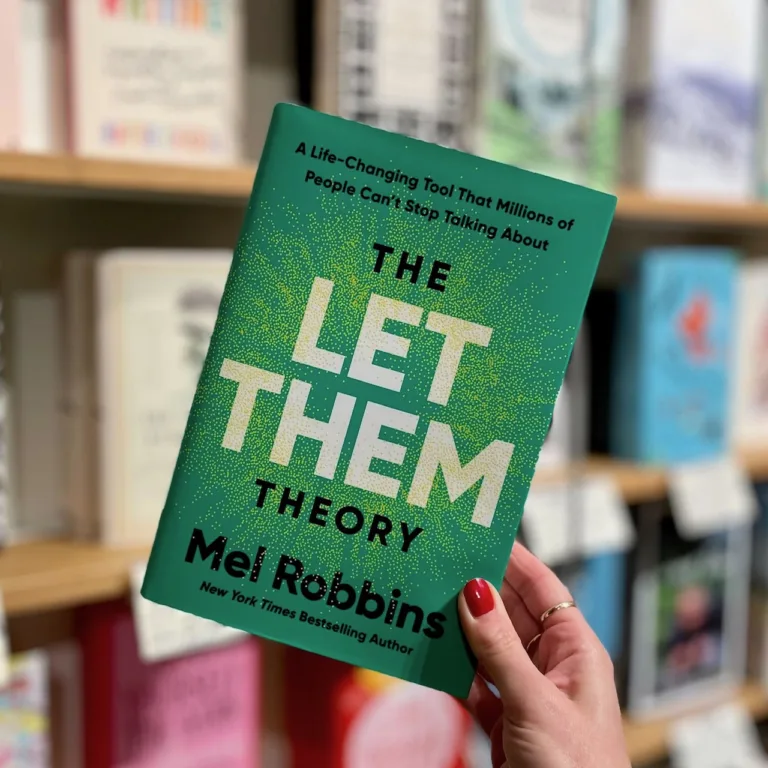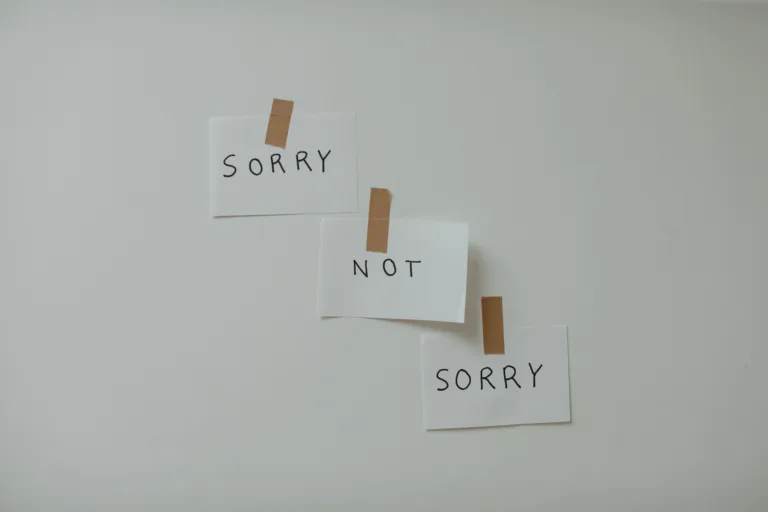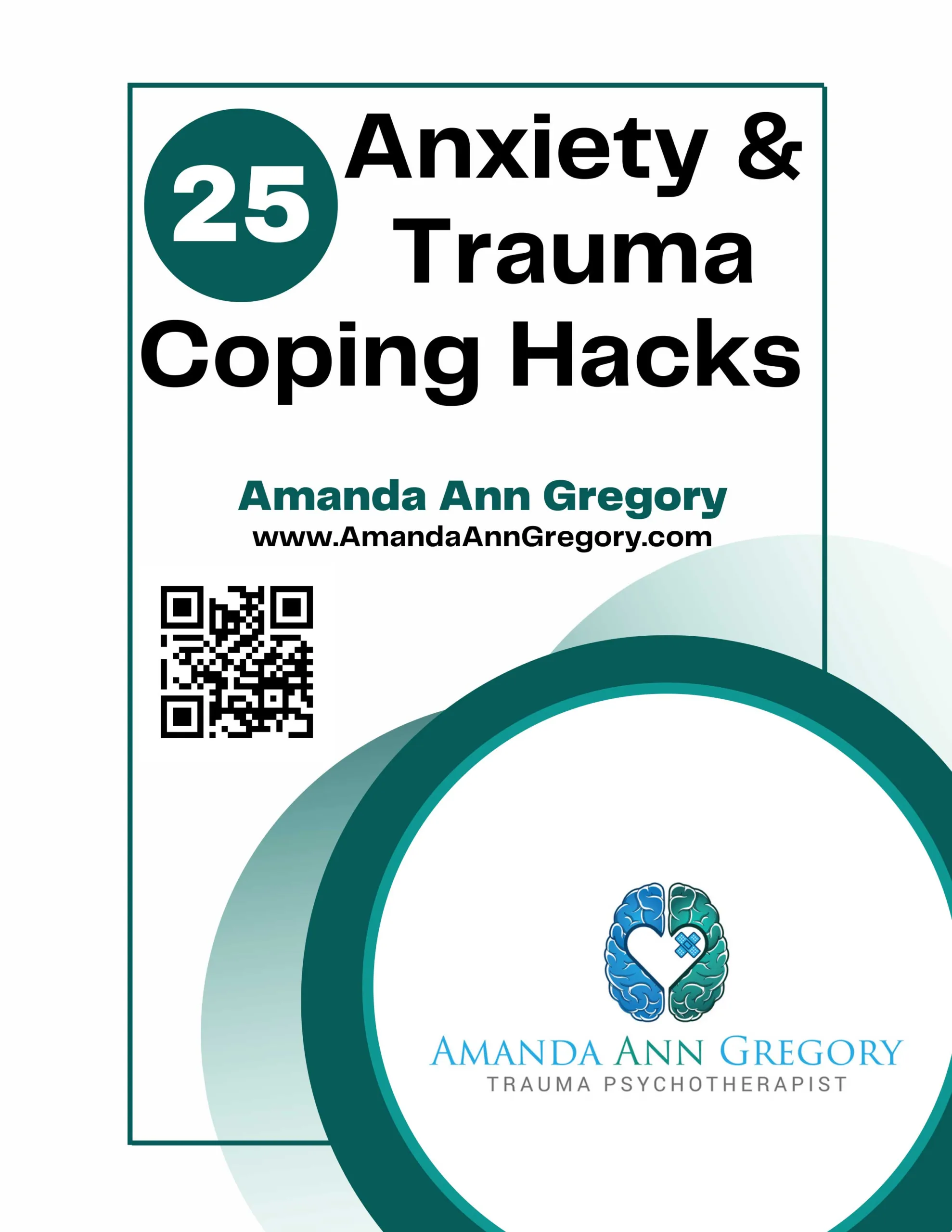The phrase “forgive and forget” is a common slogan and recommendation. But does it make sense for trauma survivors?
While researching for my book, You Don’t Need to Forgive: Trauma Recovery on Your Own Terms, I discovered that many trauma survivors, including myself, have been encouraged to forgive their offenders and to forget their offenses. This advice can be well-intended as it’s advocates might want us to feel better and to heal. Yet, “forgive and forget” in trauma recovery can be highly problematic and counterproductive.
Here are five reasons why “forgive and forget” is terrible advice for trauma survivors:
- Forgetting is Not Forgiving
Genuine forgiveness requires memory, not its absence. If you have no memory of the offense, there is nothing for you to forgive. For instance, if a friend calls you a slanderous name and you don’t recall the experience by the next day, you haven’t forgiven them; you’ve forgotten the offense. If you forget an offense, you are not forgiving—you’re simply forgetting.
Forgiveness doesn’t cause amnesia. When you genuinely forgive your offender, you will still remember their offense. You may never forget it – and that’s a good thing.
2. Forgiveness Embraces Memory
Forgiveness is a change in disposition, including thoughts, emotions, and actions, associated with your offender. For example, you initially feel angry and disappointed in your friend who called you that slanderous name. You wish that someone would call them a similar name so that they feel how you feel. When you forgive them, you notice a decrease in your anger and disappointment and an increase in feelings of calm and empathy. Instead of wanting revenge, you help them to understand the harm they caused. These changes may indicate that you have forgiven them. Yet, you might still remember the offense.
Forgetting can be a byproduct of forgiveness, but not always. When you forgive, you may forget about the offense—or you may not. Forgiveness gives you the right to retain your memory – not erase it. You do not need to choose between your memory and forgiveness; you can have both.
3. Memory Supports Safety
Trauma survivors need to feel safe in their relationships. Remembering offenses that have occurred in relationships promotes our safety. For instance, imagine that after you forgive your friend who called you a name, they call you another hurtful name weeks later. Your memory of the past offense helps you recognize a harmful pattern. This awareness is crucial for addressing ongoing relational harm and promoting safety. Your memory enables you to identify and respond to recurring problems and decide whether to set new boundaries or even end an unhealthy relationship.
Memory places a spotlight on our unsafe relationships. Sometimes, people want us to forgive thinking that we will forget as a way to turn off our spotlight. Yet, our spotlights need to remain on to promote our safety.
4. Forgetting is an Unrealistic Expectation
The saying “forgive and forget” implies that forgiveness wipes the slate clean, allowing a relationship to start over as if nothing happened. However, this expectation is unrealistic—relationships don’t come with reset buttons. Instead, they are dynamic, constantly evolving in response to experiences. Forgiveness doesn’t erase the past; rather, it marks the beginning of a new phase, one shaped by what has occurred. A relationship cannot return to its original state, nor can it truly start over.
While forgiveness can help repair the harm caused by an offense, the relationship will inevitably change. For example, if you forgive a friend for calling you a slanderous name, you may need to set new boundaries—such as making it clear that such behavior is unacceptable. These adjustments acknowledge the new reality of the relationship, fostering trust and safety not by erasing the past but by adapting to it.
5. You Don’t “Need” to Forgive
Forgiveness can be problematic when incorporated into trauma recovery. Some believe that trauma survivors must forgive those who caused or contributed to their trauma to recover. Yet, there is no statistical evidence that suggests that this is true. I’ve observed many trauma survivors who never forgive their abusers, and yet they experience successful trauma recovery. Therefore, forgiveness should not be regarded as a compulsory component of any trauma-recovering process, and telling a survivor that they must “forgive and forget” makes little sense.
Forgive or Don’t, but Don’t Forget
The advice “forgive and forget” is both unrealistic and potentially harmful for trauma survivors. This counsel can sabotage our ability to create and maintain safe, healthy relationships and hinder trauma recovery. A more practical perspective is “forgive or don’t, but don’t forget,” recognizing that forgiveness isn’t always necessary or appropriate and that remembering past experiences is essential for setting boundaries, protecting oneself, and navigating relationships.
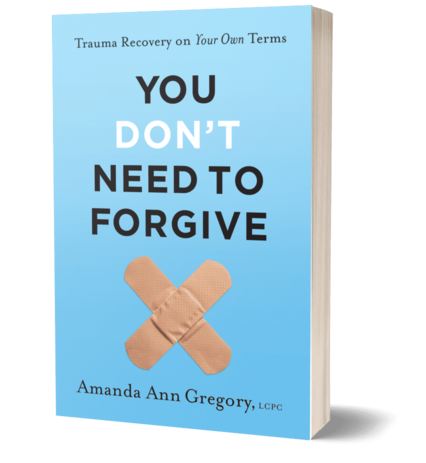
Purchase my book, You Don’t Need to Forgive
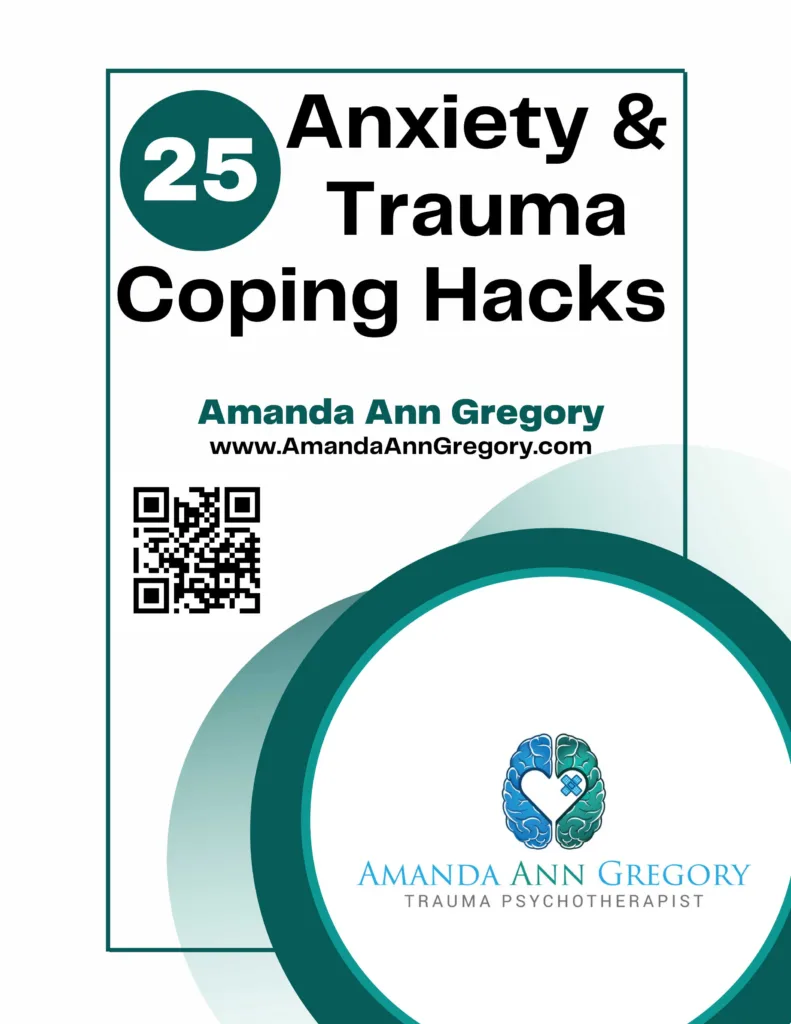
Sign up to get your Free eBook: 25 Anxiety & Trauma Coping Hacks
Hire me to speak at your event! Contact Me

